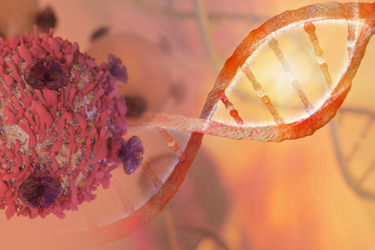Quality Versus Quantity In T-Cell Production: Why It Doesn't Have To Be A Trade-Off

Technological advances have made it possible to produce high-quality T cells at scale, providing a boon for T-cell manufacturing. This progress is particularly significant for Chimeric antigen receptor (CAR) T-cell therapies, which modify T cells to more effectively combat cancer cells. These therapies have shown promise in treating blood cancers and are under investigation for use against solid tumors. The role of different types of T cells, such as stem cell-like memory T cells (TSCMs), in providing enhanced protection against recurring cancers, is also being explored. Automation is aiding in improving the consistency and quality of large batch T cell production, which in turn enhances patient safety.
As more T-cell therapies come to market, the quality and scale of treatments are set to improve further. Furthermore, recent research reveals that modifying T cells could potentially cure autoimmunity disorders, a shift from the previous view of T cells as the cause of such diseases.
Get unlimited access to:
Enter your credentials below to log in. Not yet a member of Bioprocess Online? Subscribe today.
